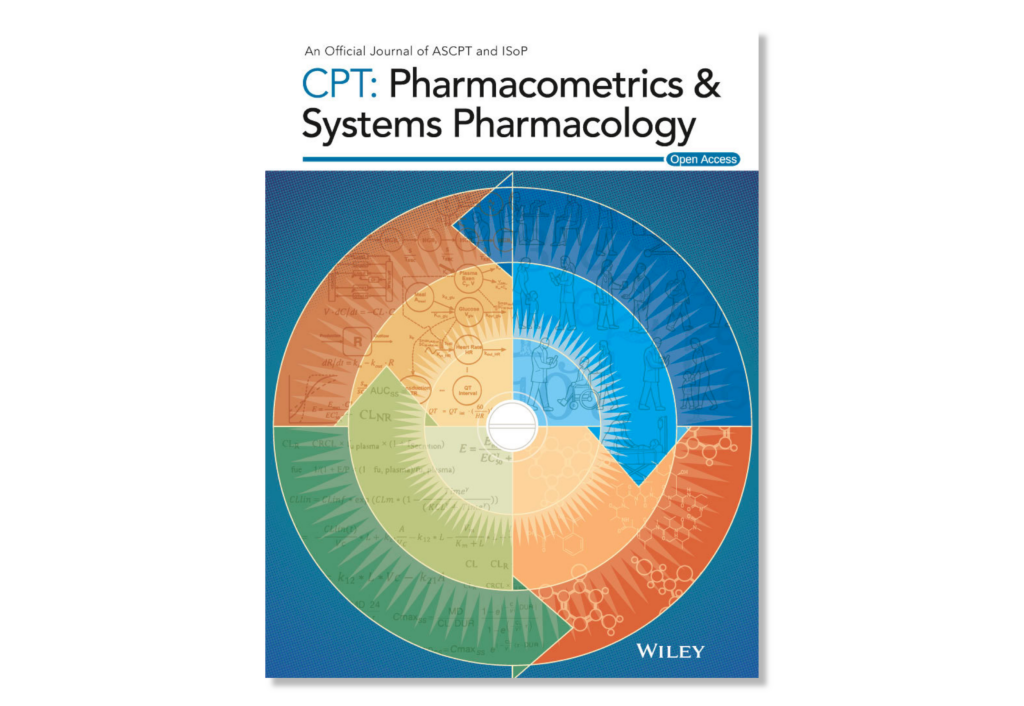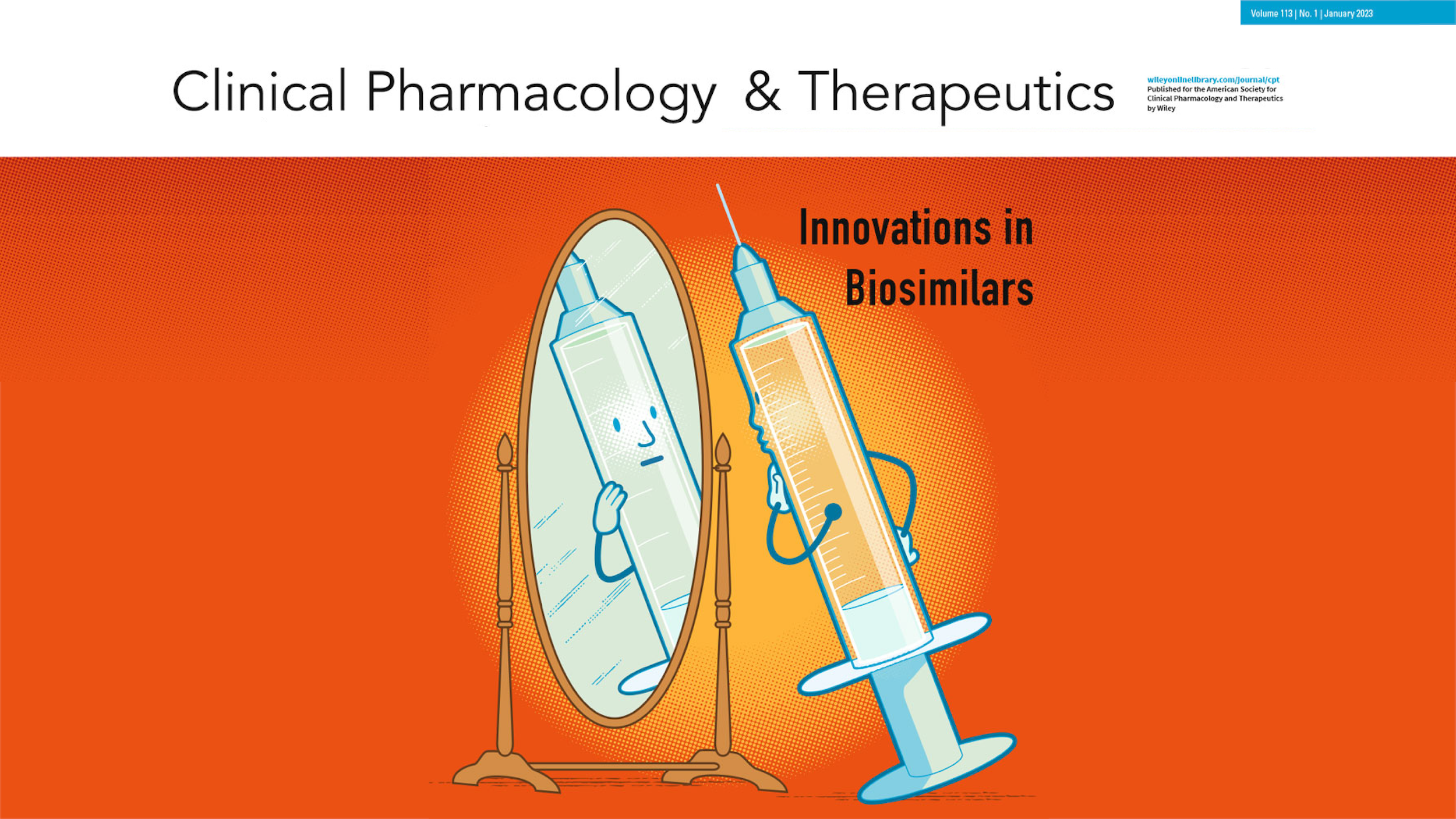

Clinical Decision Support for Precision Dosing: Opportunities for Enhanced Equity and Inclusion in Health Care
Abstract:
Precision dosing aims to tailor doses to individual patients with the goal of improving treatment efficacy and avoiding toxicity. Clinical decision support software (CDSS) plays a crucial role in mediating this process, translating knowledge derived from clinical trials and real-world data (RWD) into actionable insights for clinicians to use at the point of care. However, not all patient populations are proportionally represented in clinical trials and other data sources that inform CDSS tools, limiting the applicability of these tools for underrepresented populations. Here, we review some of the limitations of existing CDSS tools and discuss methods for overcoming these gaps. We discuss considerations for study design and modeling to create more inclusive CDSS, particularly with an eye toward better incorporation of biological indicators in place of race, ethnicity, or sex. We also review inclusive practices for collection of these demographic data, during both study design and in software user interface design. Because of the role CDSS plays in both recording routine clinical care data and disseminating knowledge derived from data, CDSS presents a promising opportunity to continuously improve precision dosing algorithms using RWD to better reflect the diversity of patient populations.
Jasmine H. Hughes, Kara H. Woo, Ron J. Keizer, Srijib Goswami. Clinical Decision Support for Precision Dosing: Opportunities for Enhanced Equity and Inclusion in Health Care. Clinical Pharmacology and Therapeutics. 21 November 2022. https://doi.org/10.1002/cpt.2799
